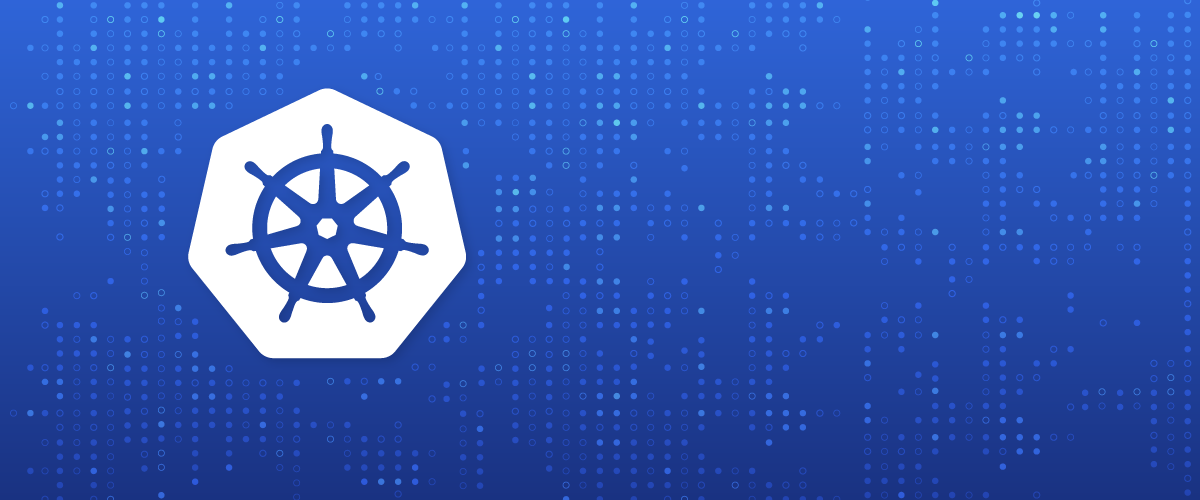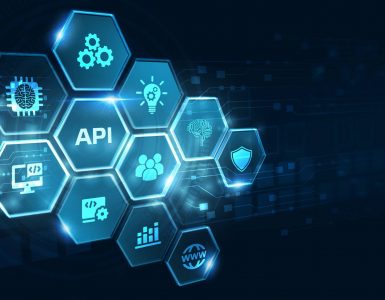Kubernetes is one of the leading container orchestration platforms. Companies prefer Kubernetes for their projects because of its cloud-agnostic approach that efficiently manages workload whether your project resides in the cloud or on-premises. It has freed companies from being locked into the services offered by their cloud provider or managing entire team operations on-premises or virtualization platforms. This is why Kubernetes is one of the most critical technologies in the DevOps domain. In 2021, there were over 3.9 million Kubernetes developers worldwide, which is a 67% increase from the previous year. As the adoption of technology increases, it is a valuable skill to add to your resume.
This Kubernetes developer toolkit lists the best resources to learn, upskill, and succeed in the industry.

Microservices: Kubernetes developers must know how to develop software applications based on microservices. Even when the programming languages are the same, developing applications for Kubernetes based on modern architecture requires different coding patterns and software release processes.
System administration: Releasing software updates regularly on a Kubernetes hosting platform requires advanced system administration skills. With the traditional approach of deploying code, there is no way to know the scalability flaws unless the software is installed and used by the customers. But the modern software architecture requires developers to learn Linux commands and database queries to test the software in production.
CI/CD: Kubernetes is for hosted applications with continuous integration and continuous delivery (CI/CD) as an integral part. As a Kubernetes developer, you must be familiar with CI/CD tools like Jenkins. You need to know how coding and software deployment steps can be automated. You will be asked about concepts like unit and functional tests, deployment of the Kubernetes pods, and code compilation in a hosted environment.
API support: You need to be able to create an Application Programming Interface (API) for the software deployed on Kubernetes such that users who want to interact with your hosted application directly can do it. You must know the concepts of API, such as JSON or YAML files. Learn more about tips on creating robust APIs.

Top Kubernetes interview questions
40 top Kubernetes interview questions and answers for 2022
21 Kubernetes interview questions for senior and DevOps developers
Most asked interview questions of Kubernetes
15 essential Kubernetes interview questions
The must-know Kubernetes interview questions and answers in 2022

Official resources
Official Kubernetes training resources
Online courses and tutorials for Kubernetes developers
Learn DevOps Kubernetes deployment by kops and terraform
This practical course teaches deploying Kubernetes on AWS using Kops and Terraform. It will detail how to deploy a Kubernetes cluster in AWS and run immutable infrastructure using Terraform. The course also includes lessons on horizontally scaled deployment in Kubernetes and details on using Kops to spin up the Kubernetes cluster. Among other concepts that are explored in the course are how to see logs and Docker container schematics within the pod in Kubernetes.
Just enough Kubernetes to be dangerous
A free and concise course to get started with Kubernetes, this course will get you started quickly, to be precise, in just 1.5 hours. The prerequisite to benefit from this course is programming experience as it takes a practical approach to teach Kubernetes. It includes topics like setting up a Kubernetes cluster with Google Kubernetes Engine, how to deploy a micro-services application, how to dynamically scale applications in the cloud, release application updates, and achieve Zero downtime deployments.
Getting Started with Google Kubernetes Engine
This course, created by the Google Cloud team in association with Coursera, is a one-week, accelerated training class that teaches you some essential concepts of Kubernetes. It teaches how to containerize applications in Docker containers, deploy them to Google Kubernetes Engine, and scale the applications automatically as the demand increases.
It is another free Kubernetes course to learn how to build and deploy containerized applications. It teaches you the basics of Docker and how to use Kubernetes on Docker to host applications. The course includes concepts of modern DevOps, such as orchestration, packaging, Kubernetes, and Helm stack. This is the right course for you if you want to learn how to build applications on the fast-growing Docker.
Books for Kubernetes developers
Suitable for beginners, it is ideal for learning the fundamentals of Kubernetes and dives deeper into its architecture, API, and how it is built.
Kubernetes in Action: 1st Edition
One of the best books on Kubernetes, this one is a complete guide on skillfully developing and running apps in a Kubernetes ecosystem. It covers Docker, Kubernetes, and the detailed analysis of the container orchestration systems on a deeper level.
Cloud-Native DevOps with Kubernetes
Cloud-Native DevOps with Kubernetes focuses on a more practical learning approach and teaches developers how to deploy cloud-native applications with complete infrastructure. It also covers the essential DevOps skills for developers working in an organization.
Learn Kubernetes in a Month of Lunches
An interesting title, this book is aimed at working developers. An excellent resource for experienced software developers, it is an ideal book for those with a basic knowledge of containerization and Docker. It teaches the advanced concepts of application deployment and lifecycle. A complete guide about how to model, deploy, and manage applications, this book is ideal for learning Kubernetes fast if you have the basic knowledge.
Online communities for Kubernetes developers
Podcasts for Kubernetes developers
Kubernetes podcast from Google
PodCTL – Enterprise Kubernetes

As essential as technical skills are for Kubernetes developers, they also need soft skills to be part of the DevOps teams.
Communicate clearly: DevOps environment requires transparent communication. You must develop communication skills to share ideas and ask questions comfortably when needed. You must always be clear about the intentions in your conversions, such that there is no scope for misinterpretation or ambiguity.
Foster creativity: DevOps engineers need to think outside the box to push the limits and further the project’s potential. You are free to experiment with different approaches and tools to solve the given problem as long as you are within the DevOps guardrails.
Be willing to learn: A learner’s attitude is mandatory to progress in your DevOps career. You have to take the initiative and be willing to take on challenges you are not ready to accept. Active learning on the job sets you apart from the rest of the developers. We have listed dozens of learning resources above; use them to improve your skills continuously.
More resources on soft skill development:
Most valuable soft skills of exceptional software engineers
6 soft skills that still impress employers in 2022
How soft skills transitioned to become the new power skills
5 tips to present new ideas as a software developer
Conclusion
Kubernetes is not a skill that you can master quickly. It demands a deep understanding of concepts and the ability to transform the knowledge into real-world projects practically. We created this Kubernetes developer toolkit to help you learn these concepts and succeed as a DevOps engineer.
Talent500 is the platform for DevOps engineers to find opportunities with fast-growing startups and Fortune 500 companies. Sign up here to explore possibilities.






Add comment